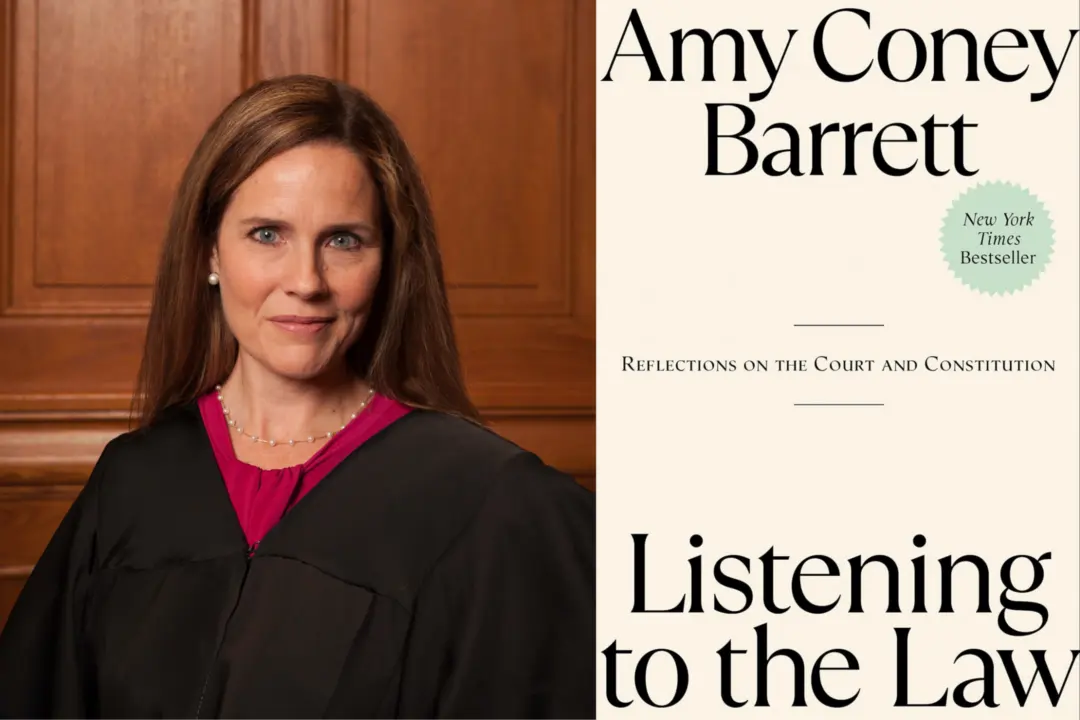Dr. Roger L. DeHaan’s book “Restoring the Creation Mandate” is a wonderful combination of religious thinking, fascinating autobiography, modern philosophy, and practical tips on health. While the book is based on Christian theology, it can benefit anyone who wants to balance a spiritual life with the demands of daily living.
The premise of DeHaan’s book is that our health care system is broken. The system takes a mechanistic approach to health, which means that people are essentially thought of as marvelous machines that can be repaired through drugs and surgery.
Dr. DeHaan asks us to retrain our eating habits.





